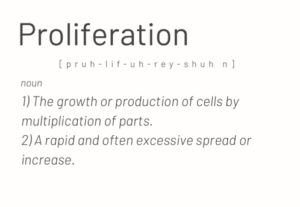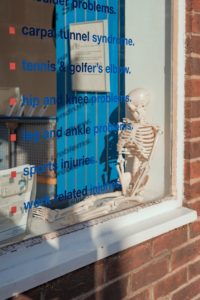Prolotherapy
The term prolotherapy comes for the root word “proliferation”

Prolotherapy is used to treat both acute and chronic joint pain by stimulating the body’s natural ability to heal. It is a much less invasive, and a more time/cost efficient, option to surgery for painful joints
But what is it, and how does it work?
The traditional form of prolotherapy is a dextrose based solution that is injected into joints and soft tissue and acts as a mild irritant. The irritation stimulates a natural healing process in the body – this response is known as the inflammatory cascade. In a controlled localized dose for a patient with typical immune response, the inflammatory cascade triggers a healing response to build new tissue in the area injected. This traditional form of prolotherapy has been used by physicians worldwide for over 80 years.

For the patient with acute or chronic pain and instability of a joint, prolotherapy can offer a non-surgical option to facilitate repair and regrowth of connective tissues. Like other types of physical modalities (physical therapy, chiropractic adjustment, massage), prolotherapy is not a one-shot-wonder. In general you will need several treatments scheduled from a few weeks to a month apart to see lasting benefit.
Dr Egan has spent a majority of her education and career focusing on natural pain management techniques. She has recently invested in an exclusive mentorship program with Dr Tyna Moore to learn the intricacies of prolotherapy and to provide painless regenerative injection techniques to her patients. If you are interested in becoming a patient or are looking to find alternatives to surgery for your pain you can schedule a consultation with Dr Egan through the contact page to discuss if you are a good candidate.
Resources:
- Rabago D, Zgierska A, Fortney L, et al. Hypertonic dextrose injections (prolotherapy) for knee osteoarthritis: results of a single-arm uncontrolled study with 1-year follow-up. J Altern Complement Med. 2012;18(4):408-14.
- Dumais R, Benoit C, Dumais A, Babin L, et al. Effect of Regenerative Injection Therapy on Function and Pain in Patients with Knee Osteoarthritis: A Randomized Crossover Study. Pain Medicine. 2012;13(4): 990–999, https://doi.org/10.1111/j.1526-4637.2012.01422.x





